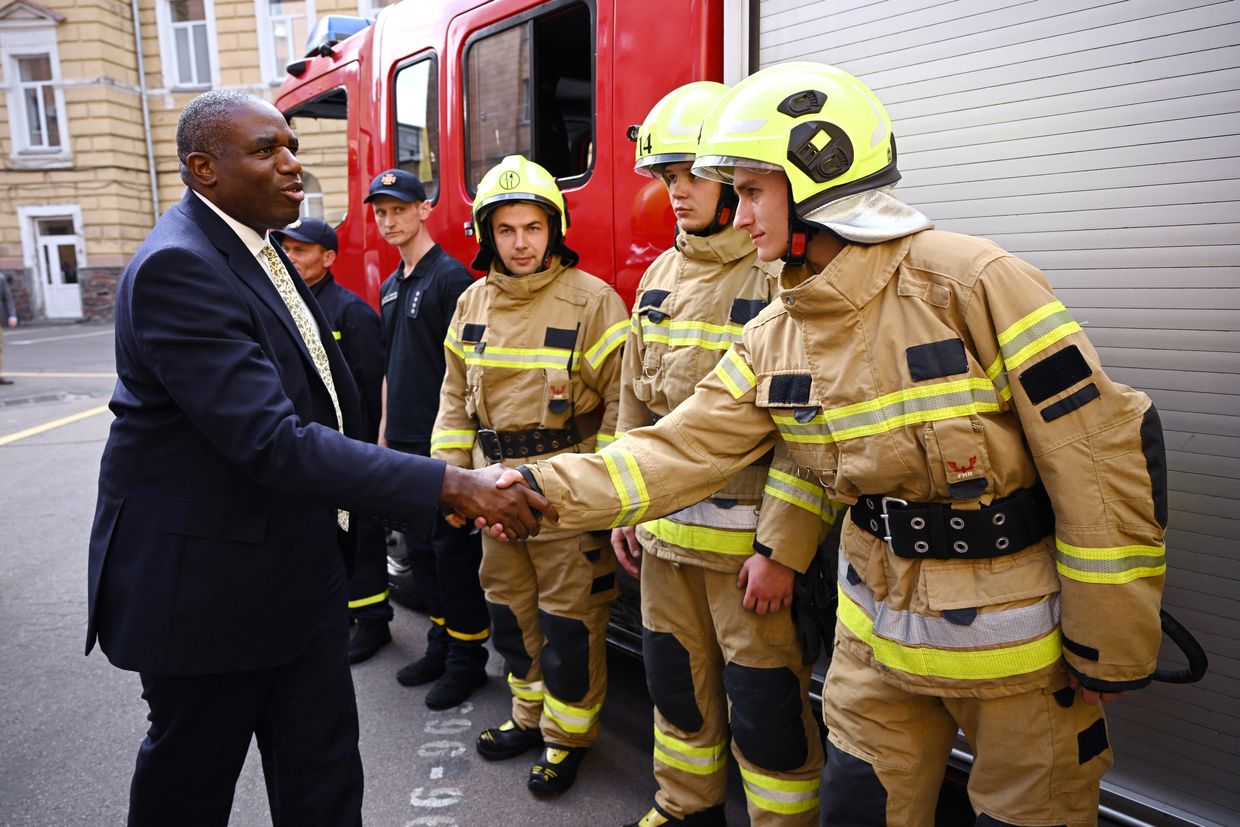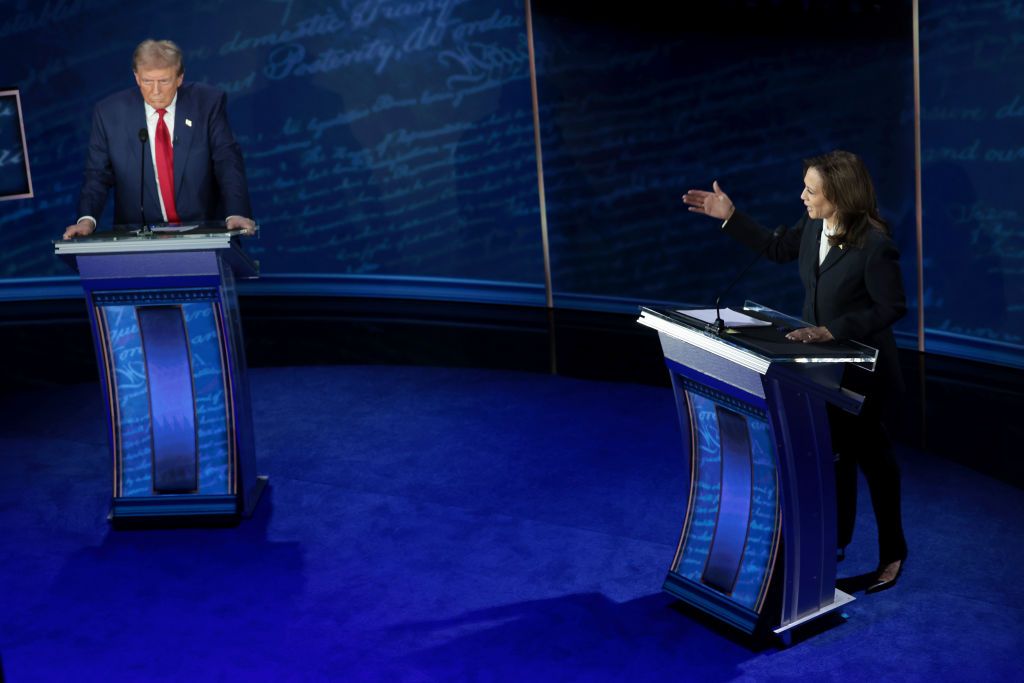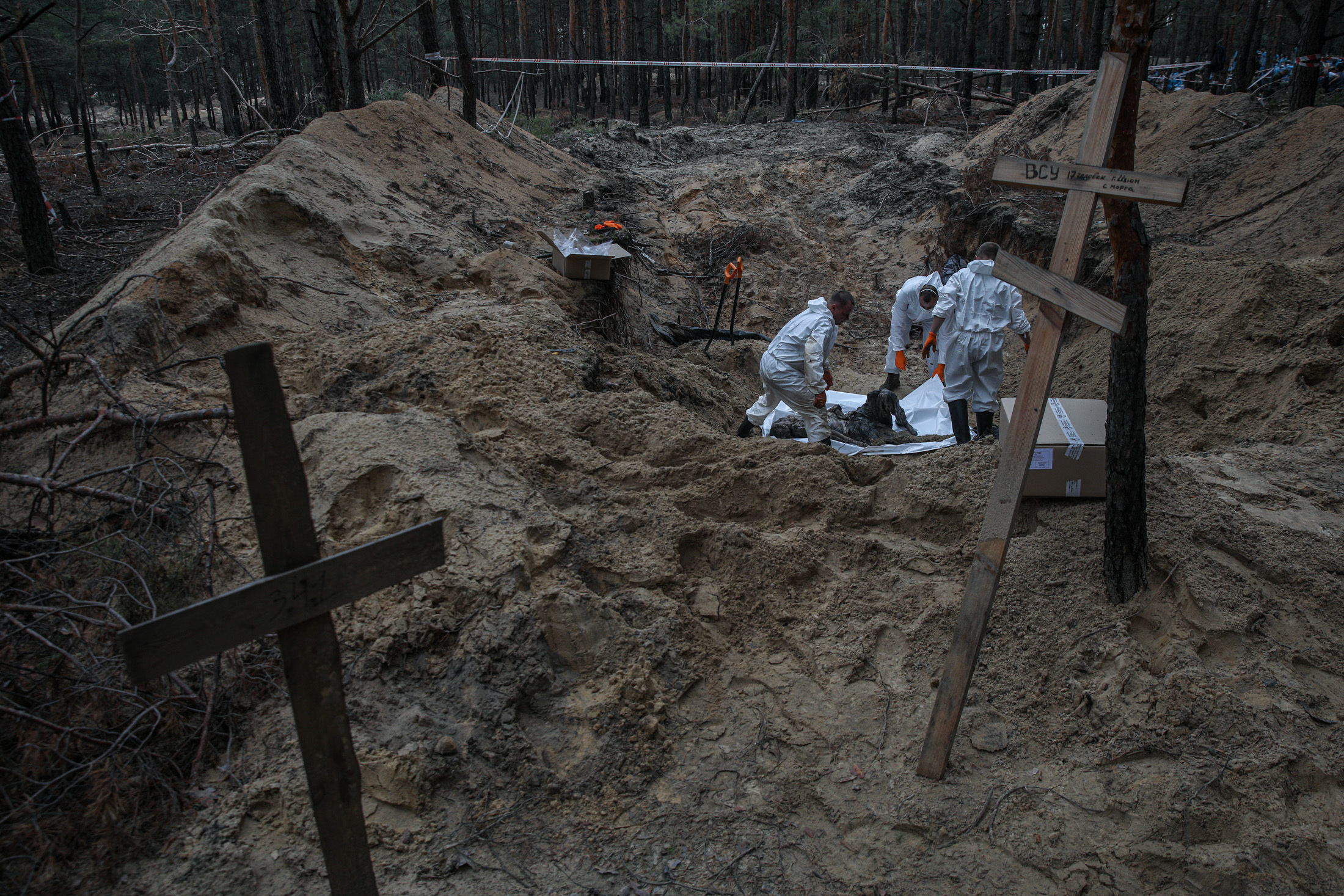Ukraine war latest: Blinken, Lammy visit Ukraine as Kyiv awaits decision on long-range strikes

Key developments on Sept. 11:
- Blinken, Lammy visit Ukraine as Kyiv awaits decision on long-range strikes
- Russia claims counterattack against Ukraine in Kursk Oblast
- Trump refuses to answer if he believes Ukraine's victory is in US interests
- Russia claims drone attacks on Murmansk Oblast, 1,500 km from Ukraine
- West wants Ukraine to set realistic war goals for next year, WSJ reports
U.S. Secretary of State Antony Blinken and U.K. Foreign Secretary David Lammy arrived in Ukraine on Sept. 11 to meet President Volodymyr Zelensky and other top Ukrainian officials.
Their arrival came amid mounting calls for the Biden administration to lift restrictions on long-range strikes deep inside Russia to allow Ukraine to better respond to Russian attacks.
When asked whether U.S. President Joe Biden is considering repealing the restrictions in an interview with Sky News, Blinken said: "We never rule out. But when we rule in, we want to make sure it's done in such a way that it can advance what the Ukrainians are trying to achieve."
Ukraine has received shipments of long-range ATACMS and Storm Shadow missiles from the U.S. and the U.K., but the two countries did not permit their use inside Russian territory.
While announcing the visit on Sept. 10, the U.S. and other Western partners confirmed previous reports that Iran has supplied ballistic missiles to Russia, becoming the second country to do so after North Korea.
During a press conference in Kyiv, Blinken and Lammy were asked whether there remain fears the war will escalate if Kyiv is allowed to carry out long-range strikes inside Russia.
"We've seen Russia now escalate its attacks inside Ukraine on civilians, on energy infrastructure, as well as on the Ukrainian military," Blinken responded.
"If anyone is taking escalatory action, it would appear to be Mr. Putin and Russia," Blinken said.
"It is Putin who has escalated this week with the shipment of missiles from Iran," Lammy added, urging China "not to throw their lot in with this group of renegades."
According to President Volodymyr Zelensky, there is no confirmation yet that Russia has used the weapons against Ukraine.
Trump refuses to answer if he believes Ukraine's victory is in US interests
When asked at the U.S. presidential debate on Sept. 10 about Russia's full-scale invasion and whether Ukraine being victorious was in the best interests of the U.S., former President Donald Trump refused to answer and instead pivoted.
"I think it's in the U.S.'s best interest to get this war finished and just get it done. Negotiate a deal," Trump said.
The former president also reiterated previous statements that his primary concern was ending the war but refrained from detailing how he planned to do so.
Responding to a direct question about his proposed plan to negotiate an end to the full-scale war, Trump again declined to give any specifics.
In contrast, Vice President Kamala Harris mentioned the sanctity of sovereignty and international borders as one of the most crucial elements of global rules and norms and again pledged to support Ukraine.
Harris criticized Trump's position on Ukraine, saying, "I believe the reason that Donald Trump says that this war would be over within 24 hours is because he would just give it up. And that's not who we are as Americans."
Russia claims drone attacks on Murmansk Oblast 1,500 km from Ukraine
Russian regional authorities claimed on Sept. 11 that Murmansk Oblast behind the Arctic Circle came under a drone attack, necessitating temporary flight restrictions.
Murmansk Oblast lies some 1,500 kilometers (930 miles) from Ukraine and at the Russian borders with Finland and Norway.
It hosts the Olenya Airbase, where Russian strategic bombers used in strikes against Ukraine are stationed, as well as the Severomorsk naval base of the Russian Northern Fleet.
The regional governor, Andrey Chibis, claimed on his Telegram channel at 2:10 p.m. local time that three drones were downed over Murmansk Oblast. The airports of Murmansk and Apatity were temporarily closed, he added.
There is currently no information on possible damage or casualties.
Reports of drone sightings in Murmansk Oblast near Severomorsk emerged on Russian Telegram channels earlier on Sept. 11. Ukraine has not commented on the claims, which could not be independently verified.
Kyiv has carried out a number of drone attacks against Russian infrastructure facilities and military installations throughout the full-scale war, hoping to undermine Russian invasion forces in Ukraine.
The Ukrainian military intelligence agency (HUR) claimed in July that two Russian Tu-22M3 bombers were damaged in an attack against the Olenya airbase.
West wants Ukraine to set realistic war goals for next year, WSJ reports
While publicly backing Kyiv's plan to retake all of its territories, Western officials also want Ukraine to set more realistic goals for the next year, the Wall Street Journal (WSJ) reported on Sept. 11.
Citing undisclosed official sources, the outlet wrote that the Western countries call for a pragmatic strategy that could be more easily sold to voters at home amid signs of growing fatigue.
The stability of the long-term support from the U.S., Ukraine's key military backer, is in doubt as the presidential election draws near. Some fear that if he wins the race, Republican candidate Donald Trump might press Ukraine to cede territory to achieve a quicker resolution to the war.
Discussions about a negotiated settlement have become more common in recent months as Russia grinds on in Donbas, with little sign of Kyiv being able to retake the lost territory soon.
Senior European officials told the WSJ that a full Ukraine victory would require the West to commit hundreds of billions of dollars worth of aid, which partners are not ready to do.
President Volodymyr Zelensky said he is visiting the U.S. later this month to present President Joe Biden with a victory plan. Ukraine's head of state also aims to discuss it with the two presidential candidates, Trump and Vice President Kamala Harris.
While the details of the plan were not divulged, Zelensky said that one of the key points was Ukraine's incursion into Kursk Oblast as a form of pressure on Russian President Vladimir Putin.
The cross-border offensive surprised Western partners and achieved tactical success, allegedly seizing some 1,300 square kilometers of territory. Despite the operation, Russia maintains its pressure in Ukraine's east, and recent reports suggest that Moscow launched a new counterattack in Kursk Oblast.
German Chancellor Olaf Scholz, whose country is the leading European donor to Ukraine, recently called for a speedier resolution to the war. The chancellor also said that both he and Zelensky agree on the need to include Russia in future peace negotiations.
Kyiv has said it aims to invite Russia for an upcoming second peace summit, though Moscow has shown no interest in accepting the invitation. Western officials told the WSJ that despite Putin claiming openness to peace talks, he is not acting in good faith and continues to believe in military victory in Ukraine.
Moscow named Ukraine giving up on occupied territory and ceding additional ground as conditions for talks. In turn, Kyiv's 10-point peace formula includes a complete Russian withdrawal from the country.















